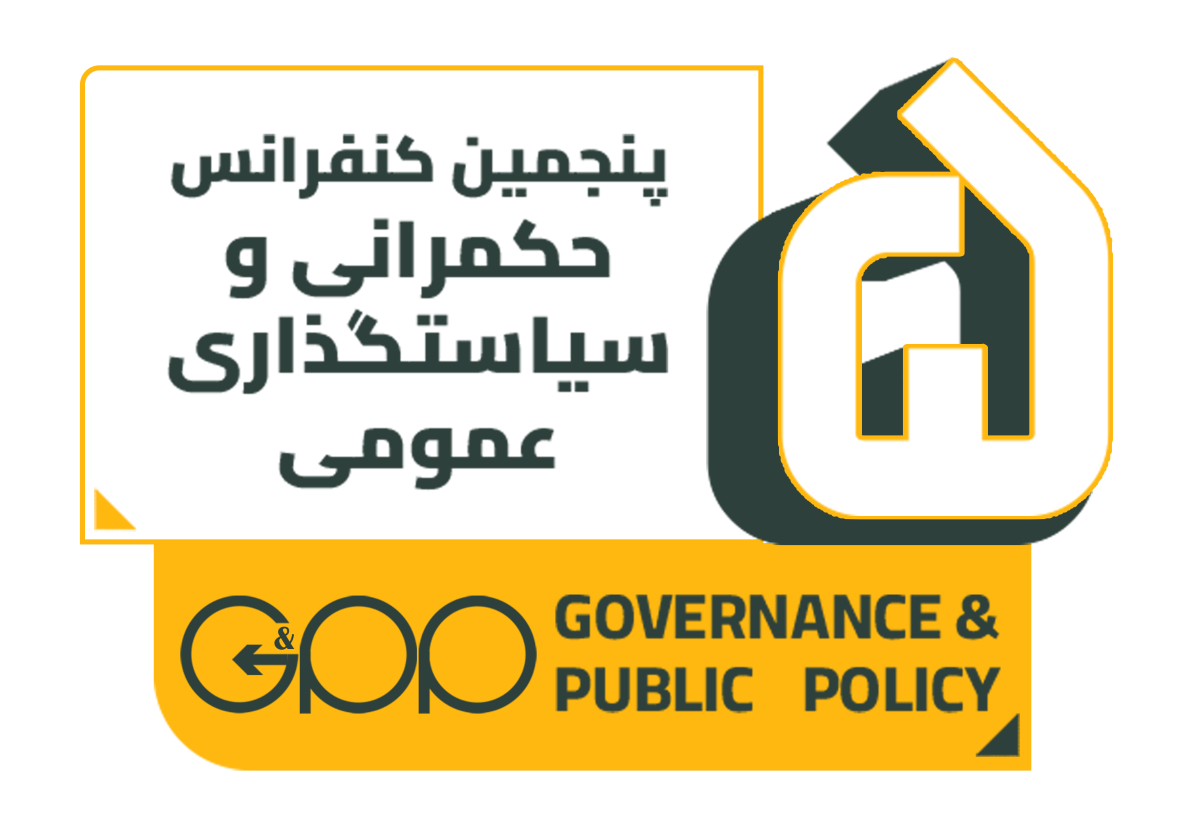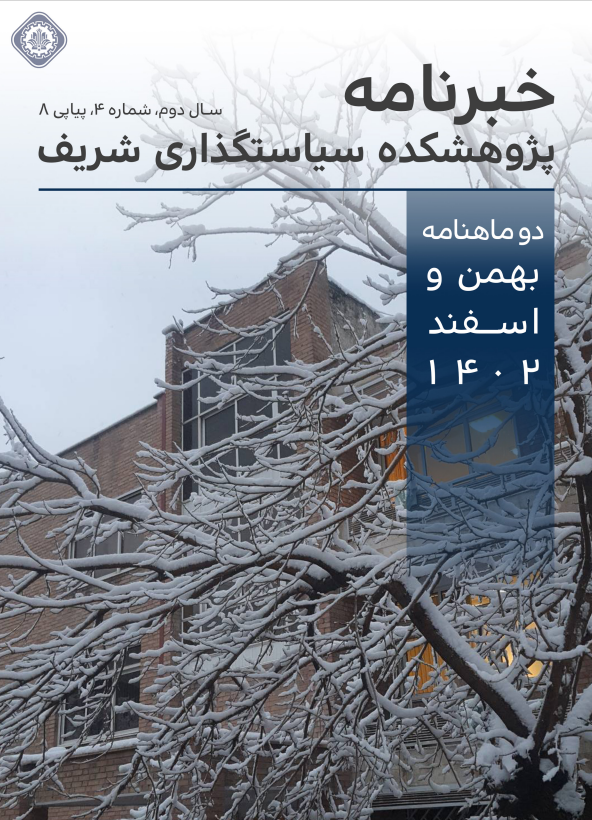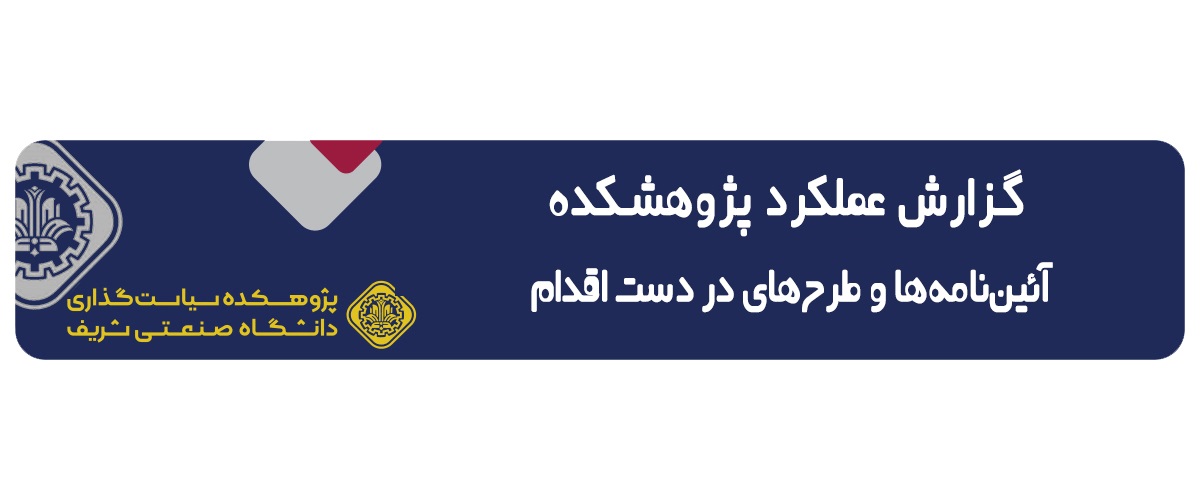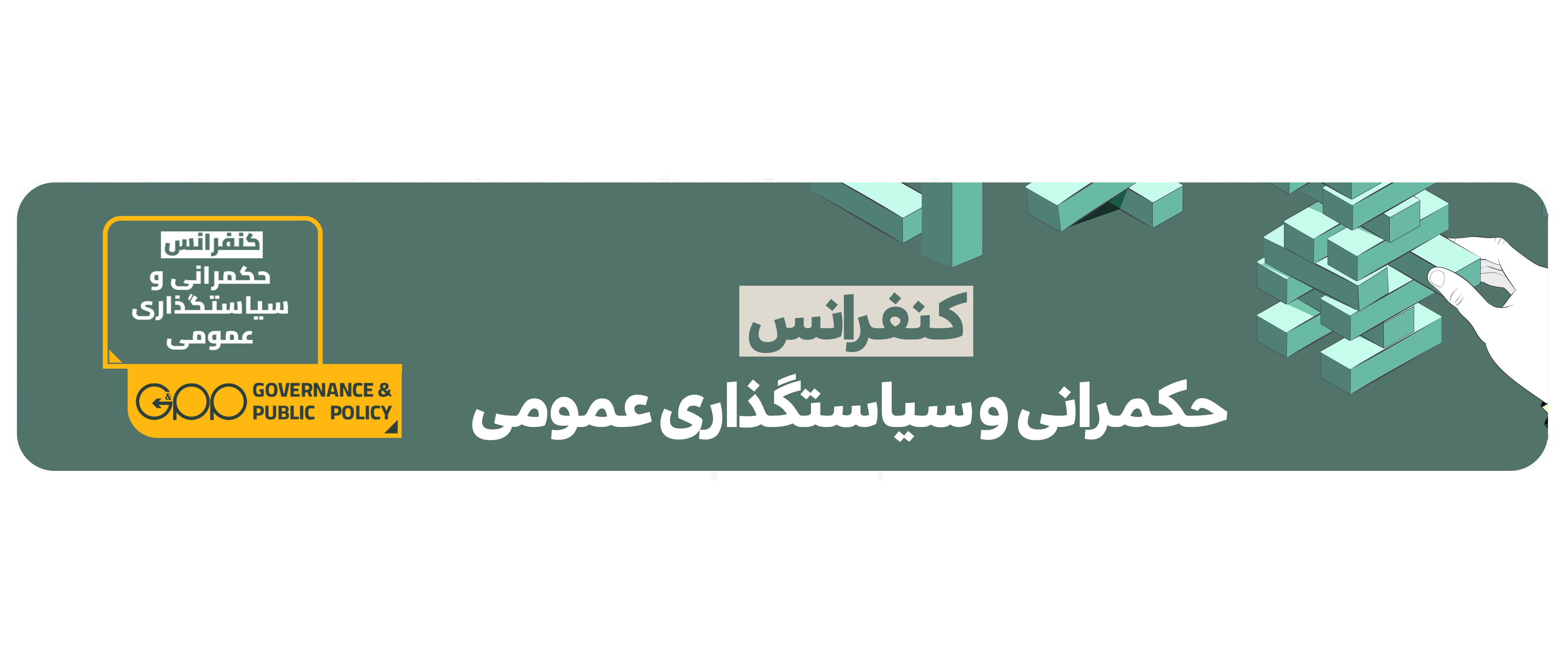Abstract
Abstract
Iran experiences insufficient precipitation, resulting in excessive use of groundwater resources, leading to negative water balances in many plains. As a result, the Ministry of Energy began implementing the Groundwater Rehabilitation and Balancing Plan (GRBP) in 2006 to replenish the aquifers. The plan includes measures such as Blocking Illegal Wells (BIW), Equipping Wells with Volumetric Meters (EWVM), Increasing Patrol and Control (IPC) and inspecting the degree of exploitation of groundwater, etc. In this study, researchers examined the level of social agreement between farmers and experts on the effectiveness of the Ministry of Energy's policies for the GRBP and assessed the farmers' response to droughts in this descriptive-analytic study. The data were collected using questionnaires designed in Likert scale, and they were analyzed in R programming language using the t-test, independent -sample t-test, and Friedman test. It was found that 84 % and 58 % of the farmers have negative attitudes towards BIW and IPC respectively. Farmers have demonstrated the greatest level of cooperation (90%), towards the use of pressure d irrigation system (IPIS). Th e study revealed that farmers and experts disagree about the effectiveness of al l measures in reviving and balancing groundwater resources. Farmers are not willing to cooperate with the government on the implementation of measures that limit their agricultural freedom. According to Friedman's results, unlike farmers, experts prefer structural and procedural measures, such as blocking unauthorized wells, instead of relying on educational methods and culturalization. This study demonstrates how understating and discrediting farmers' roles in sustainable water resources and constructing a monocentric governance system has led to the current situation, which is not idea l for groundwater sustainability.


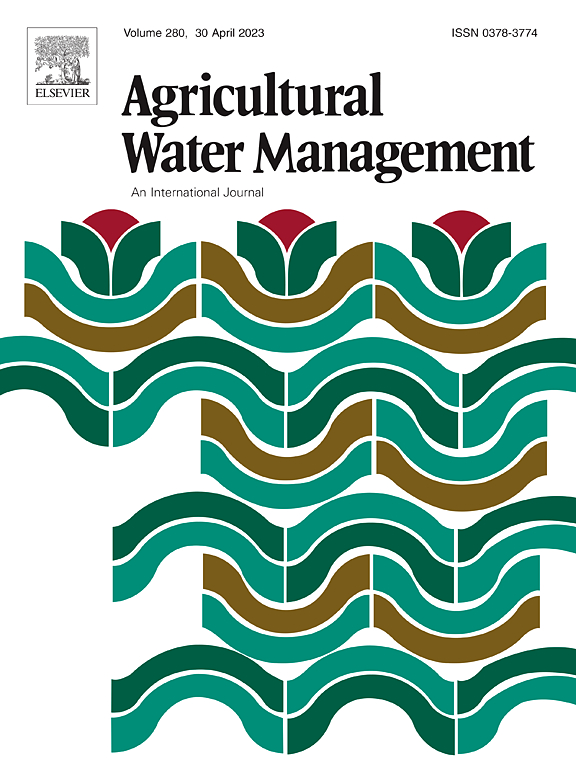
 معصومه هاشمي
معصومه هاشمي مهدی ضرغامی
مهدی ضرغامی
